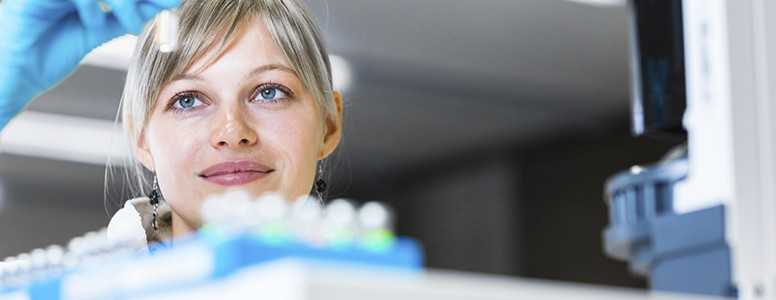Giving newborn babies highly hydrolysed cow’s milk formula in the first week after birth might increase their risk of developing type 1 diabetes, a study claims.
Whilst the study aimed to see if hydrolysed cow’s milk was better at reducing risk of type 1 diabetes, the researchers found that it led to a slightly higher risk compared with non-hydrolysed cow’s milk.
The researchers from Institute of Diabetes Research in Munich used data from 8,676 children at increased genetic risk for type 1 diabetes that were part of the TEDDY trial. TEDDY stands for the Environmental Determinants of Diabetes in the Young.
Information on which formula the babies were being fed was collected from questionnaires carried out at three months of age. The researchers then compared signs of autoimmunity (type 1 diabetes risk factors) between the babies that had been given cow’s milk formula that was extensively hydrolysed and non-hydrolysed.
The results of the trial showed that there was a 38 per cent higher risk of autoimmunity when highly hydrolysed formula was used in the first three months. However, the error boundaries showed this result to be statistically non-significant.
When the researchers looked at formula given in the first week after birth, the risk associated with highly hydrolysed formula was 57 per cent higher and this was deemed to be significant.
The researchers concluded that their results had shown that type 1 diabetes risk is not reduced by using hydrolysed cow’s milk formula and may in fact increase the risk.
Jessica Dunne, director of discovery research for the JDRF Prevention Program, stated: “This is one piece of the puzzle, and their conclusions are pretty mild. There’s probably not going to be one single thing that’s shown to be the cause of type 1 diabetes.”
The research is published online for the Diabetes Care journal.
What's new on the forum? 
Get our free newsletters
Stay up to date with the latest news, research and breakthroughs.






